Scientist-led conferences at Harvard, Stanford and MIT
-
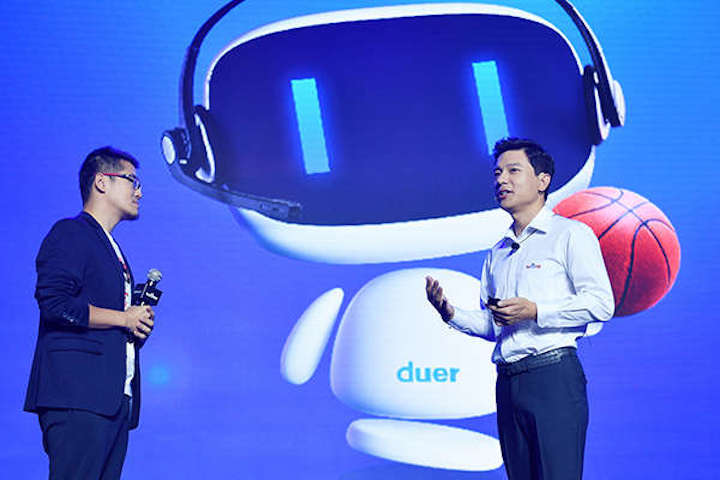
AI speech, text, image, identity analysis for healthcare, self-driving cars
The Baidu and Nvidia developed Baidu Brain is a robot that simulates the human brain using advanced algorithms, computing power, and data analysis. It can be used for voice recognition and synthesis, image recognition, natural language processing, and user profiling. Potential healthcare uses include disease recognition, treatment tracking, and rehabilitation progress. Wearable Tech + Digital Health + NeuroTech Silicon Valley –…
-
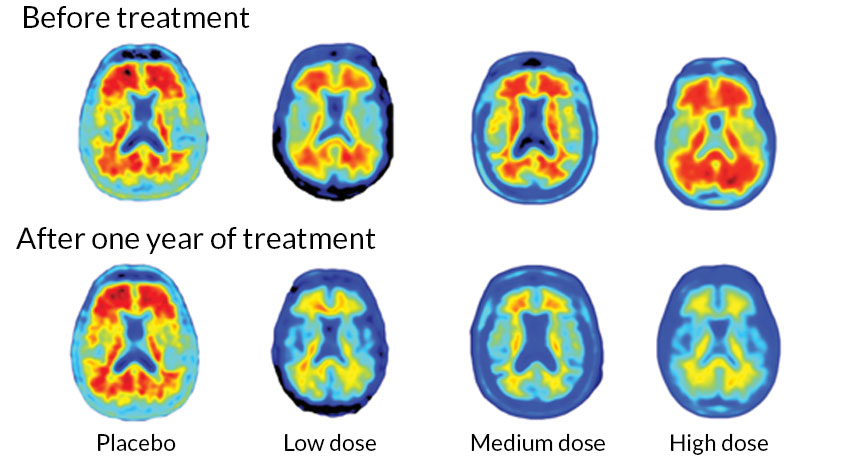
Antibody dramatically reduces amyloid plaques in Alzheimer’s patient study
A potential game-changer in the fight against Alzheimer’s Disease has been successfully trialled. Biogen developed aducanumab was found to almost completely clear the visible signs of Alzheimer’s disease from the brain. 165 patient brains were scanned as they were given the drug. After a year, almost all of the amyloid plaques appeared to have disappeared from those given…
-

Gait sensors predict falls, allowing preventive intervention
University of Missouri’s Marjorie Skubic has used sensors to measure gait speed and stride length, to predict falls. The goals is to use wearables and smart home technology to preserve independence and allow seniors to age in place. Data was collected at an independent-living style retirement residence. Images and nurse alert emails were generated when…
-
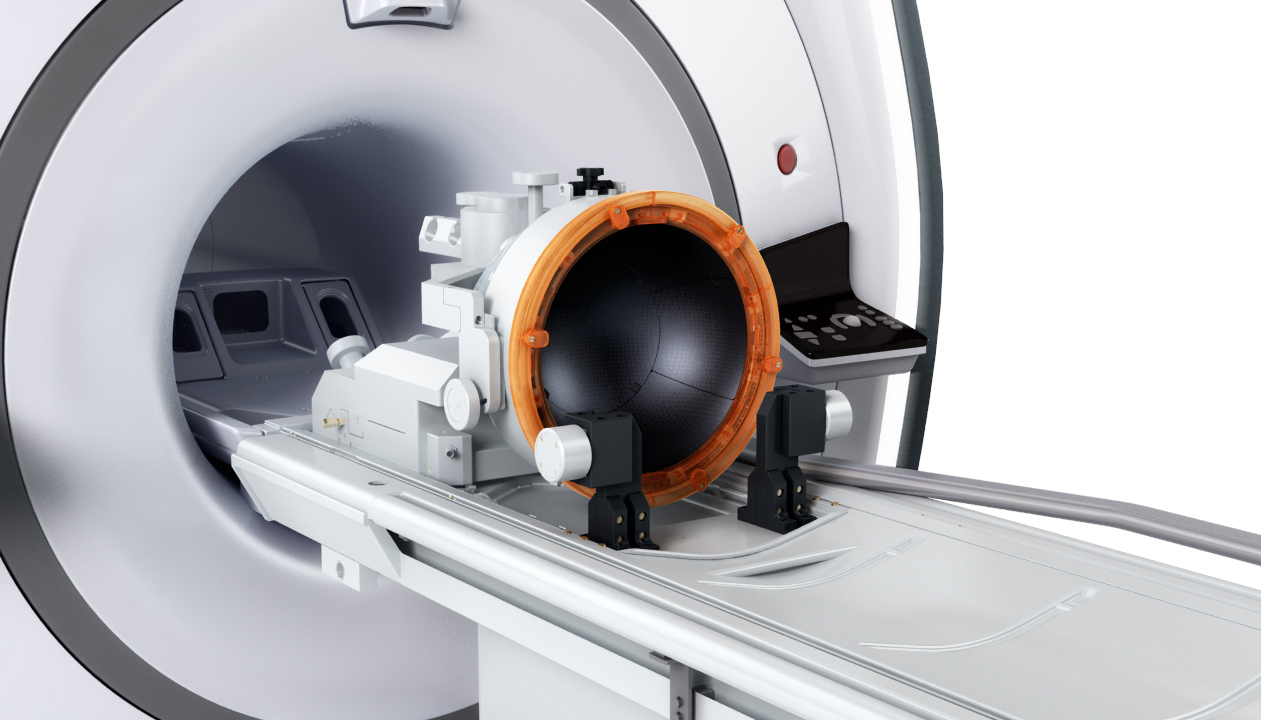
Focused brain ultrasound reduces essential tremor
Jeff Elias and University of Virginia colleagues have used the InSightec focused ultrasound to non-invasively treat essential tremor in a clinical trial. Participant shaking was noticeably reduced throughout the 12 month period. This is the second example this week of a successful, precisely delivered, brain ultrasound study. (See Ultrasound stimulates thalamus, patient regains consciousness.) 76 participants with…
-
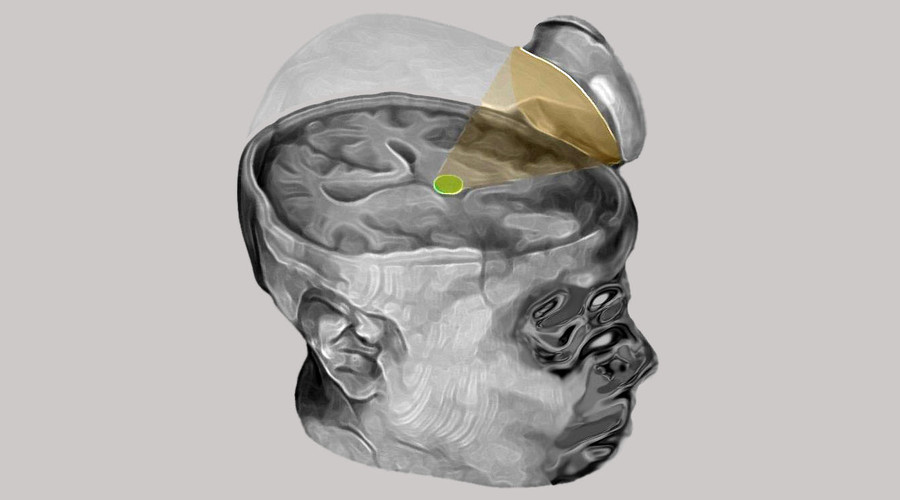
Ultrasound stimulates thalamus, patient regains consciousness
Martin Monti and UCLA colleagues have used sonic stimulation to excite thalamus neurons, enabling a patient to recover from a coma, non-invasively. Previously, deep brain stimulation, which carries significant risk, as electrodes are implanted inside thalamus, was the only way to attempt to achieve this. The thalamus was targeted with a low-intensity focused ultrasound, creating…
-
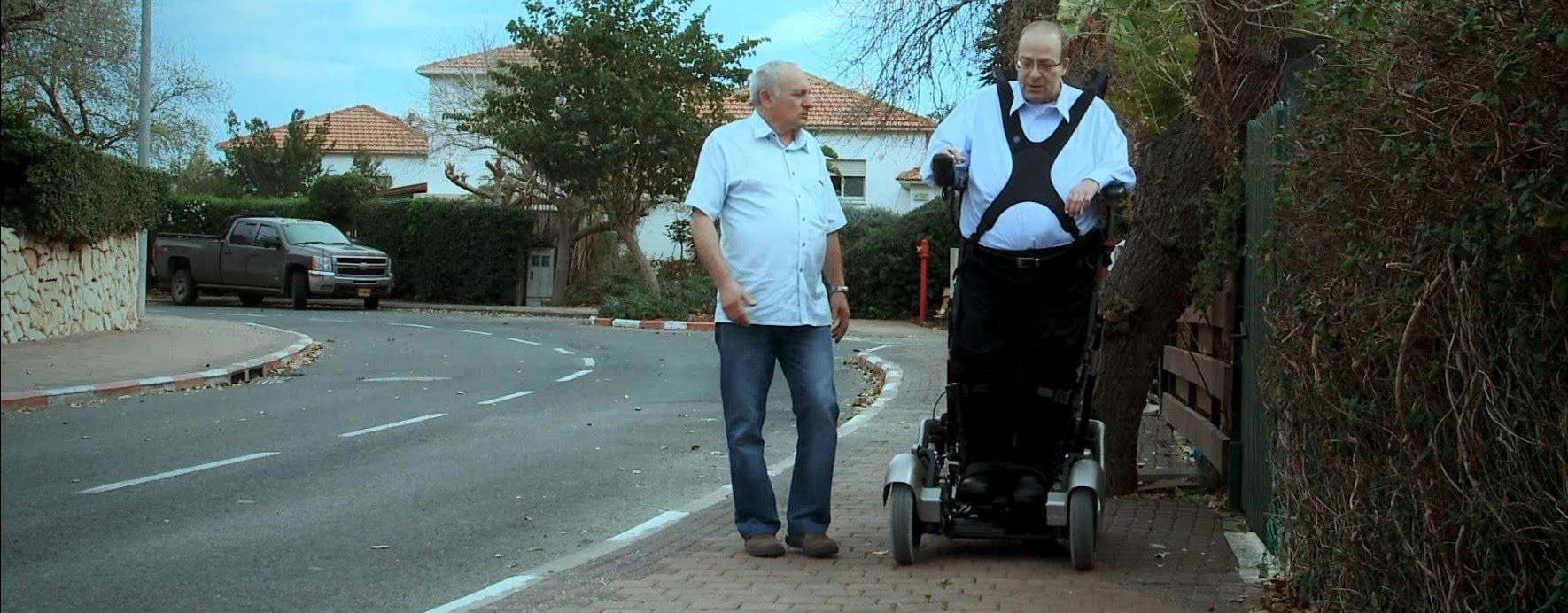
Wheelchair allows quadriplegics to stand, navigate various surfaces
UPnRIDE is a wheelchair that brings quadriplegics from a sitting to an upright position — allowing them to stand and be mobile. A user’s center of gravity stays in the middle of the auto-balancing device, allowing it to remain stable once one is standing. The multi-function wheelchair can negotiate various types of surfaces, sidewalks and…
-
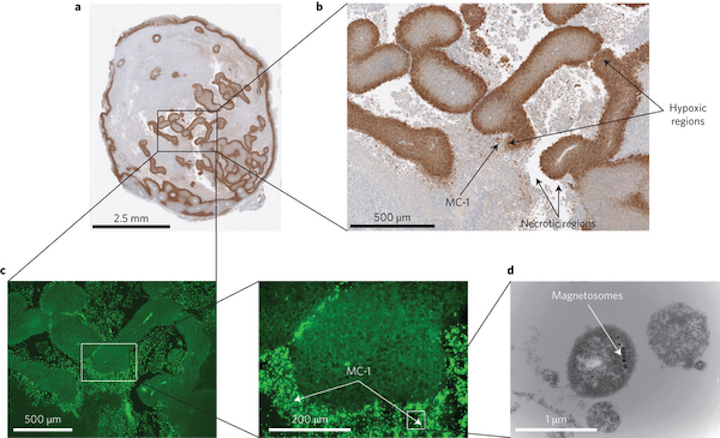
Nanorobots optimize cancer drug delivery, preserve surrounding tissues
Sylvain Martel and Polytechnique Montréal and McGill University colleagues have developed nanorobotic agents that can specifically target active cancerous cells of tumors. Optimal targeting could help preserve surrounding organs and healthy tissues, and allow reduced dosage. The nanorobotic agents can autonomously detect oxygen-depleted tumour areas, and deliver the drug to them. These “hypoxic” zones are…
-
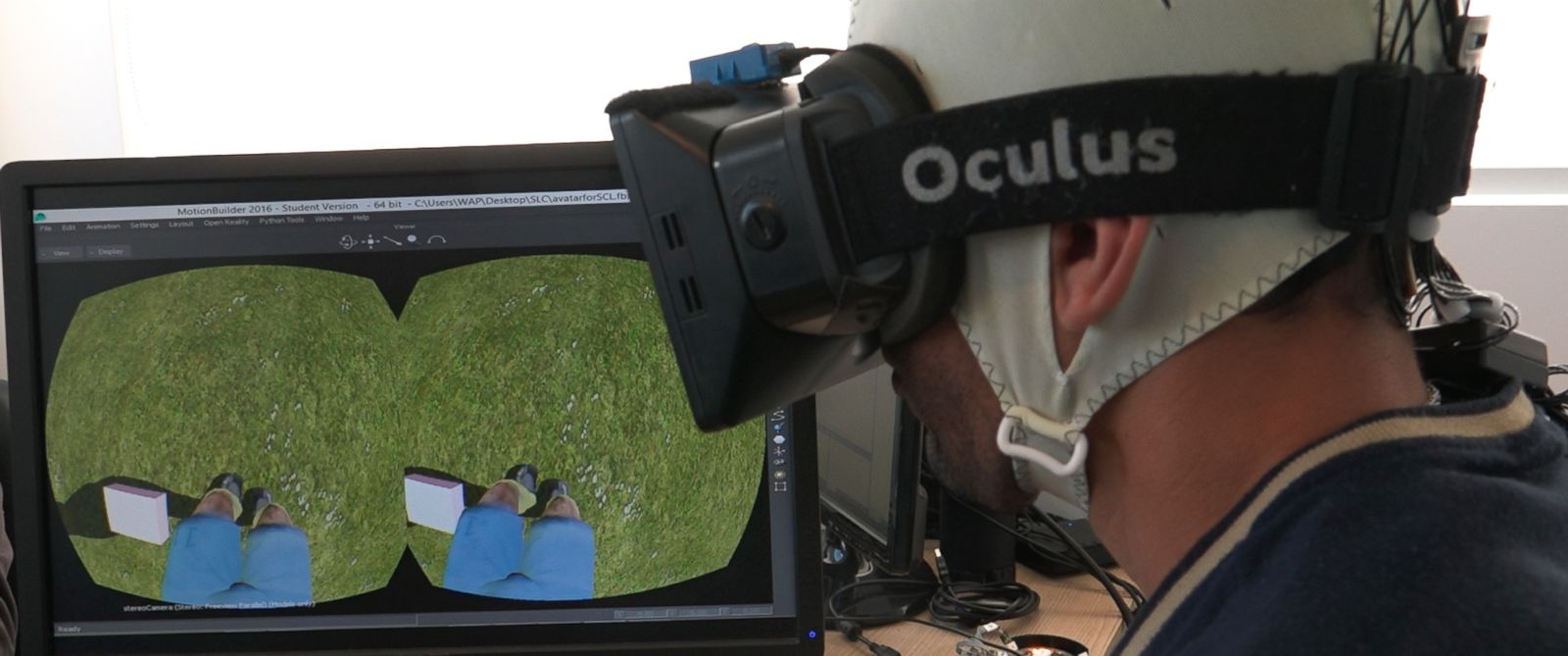
BCI + VR helps paraplegics regain sensation, muscle control
Duke professor Miguel Nicolelis has used BCI and VR to help 8 paralyzed people regain partial sensation and muscle control in their lower limbs. Five study participants had been paralyzed for more than five years. Two had been paralyzed for more than ten. The patients used their own brain activity to simulate full control of their…
-
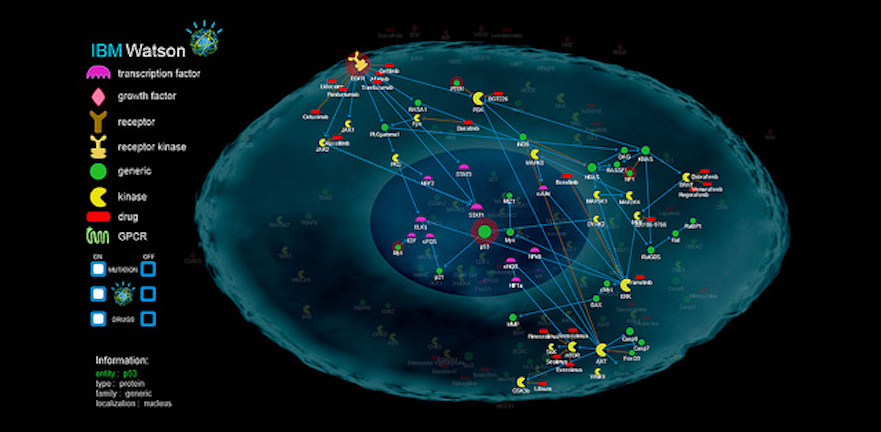
AI identifies cancer after doctor misdiagnosis, used to personalize care
IBM Watson detected a rare form of leukemia in a patient in Japan, after comparing genetic changes with a database of 20 million research papers. She had been misdiagnosed by doctors for months, and received the wrong treatment for her cancer type. Watson has created partnerships with 16 US health systems and imaging firms to identify cancer, diabetes and…
-
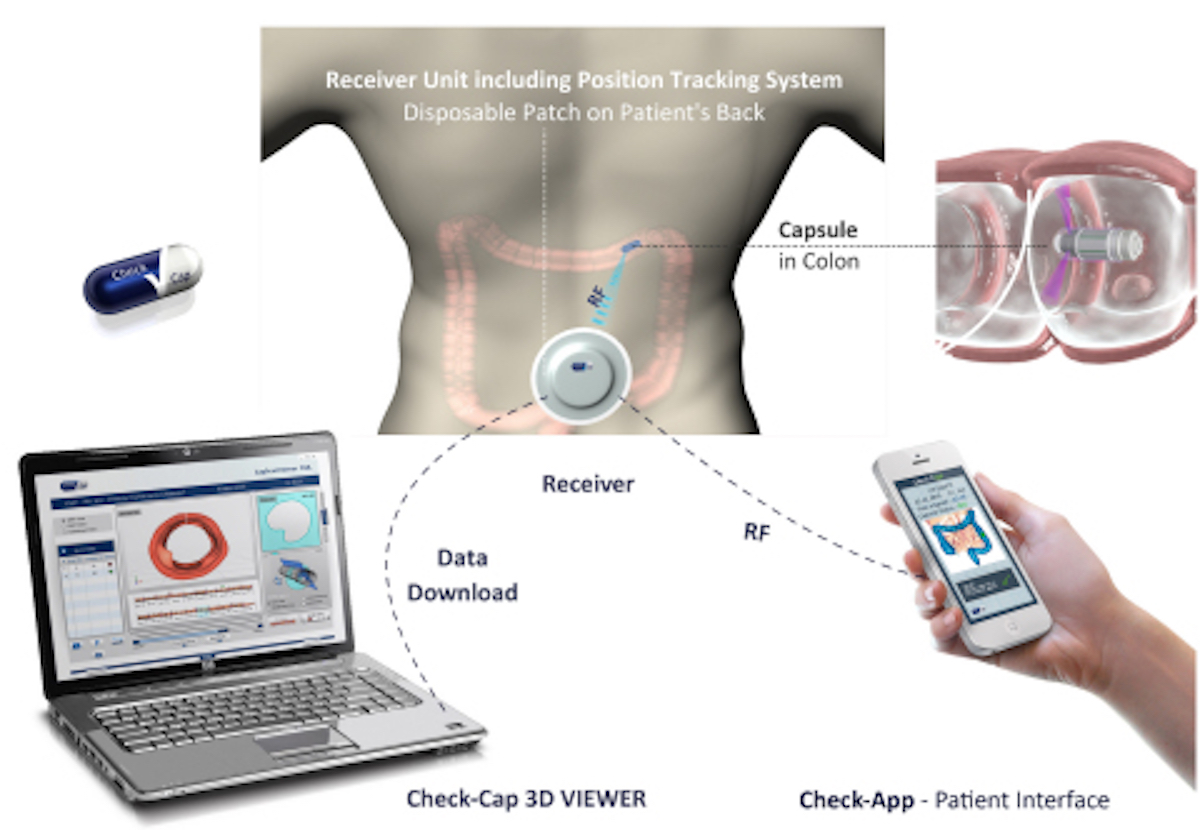
Preparation free, ingestible colorectal screening device
Check-Cap is developing a swallowable imaging capsule that screens for colorectal cancer with out requiring bowel-cleansing preparation. The ingestible capsule transmits X-rays to the intestinal wall and back, creating 3D images of the colon’s internal surface and enabling detection of clinically significant polyps. Given Imaging, also based in Israel, used light based (vs. X ray)…
-
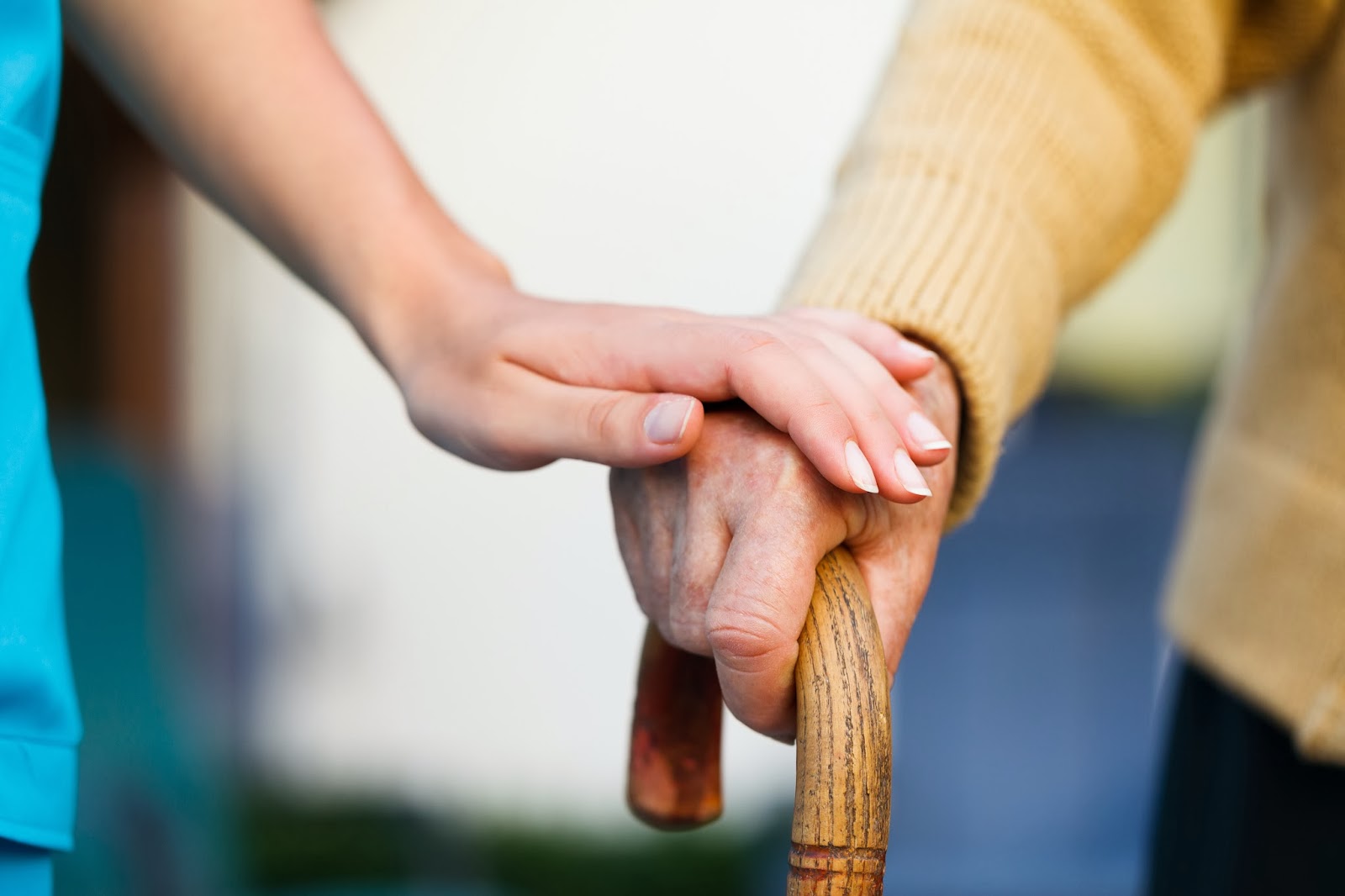
Affective computing system responds to dementia patient emotions
SenseCare (Sensor Enabled Affective Computing for Enhancing Medical Care) is a Cork Institute of Technology led project meant to teach computers how to recognize and respond to human emotions. The goal is to use applied psychology to monitor and improve the care of dementia patients. The affective computing based system will manage data from voice and face…
-
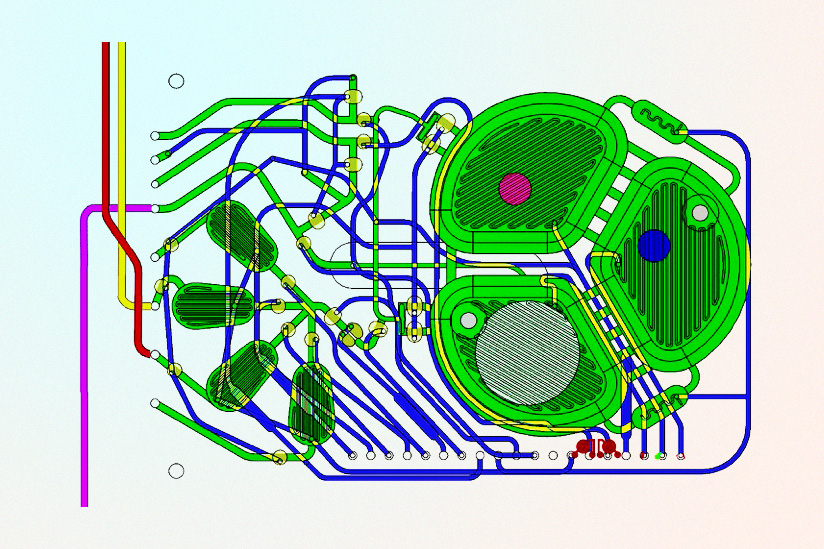
Portable, on-demand biopharmaceutical manufacturing
Tim Lu and MIT colleagues are developing a microfluidic/programmable yeast system to produce small batches of pharmaceuticals on demand. The project, which could deliver biologic medications, including vaccines, to remote locations, for both military and civilian use, was funded by DARPA. The team cultivated Pichia pastoris, a programmable yeast that grows densely and is able…
Got any book recommendations?